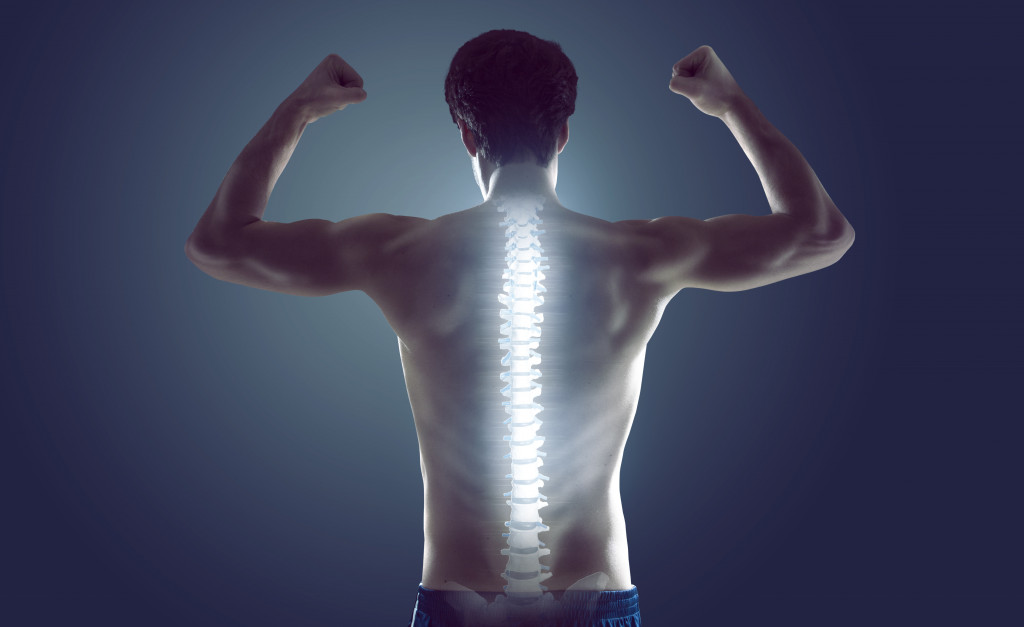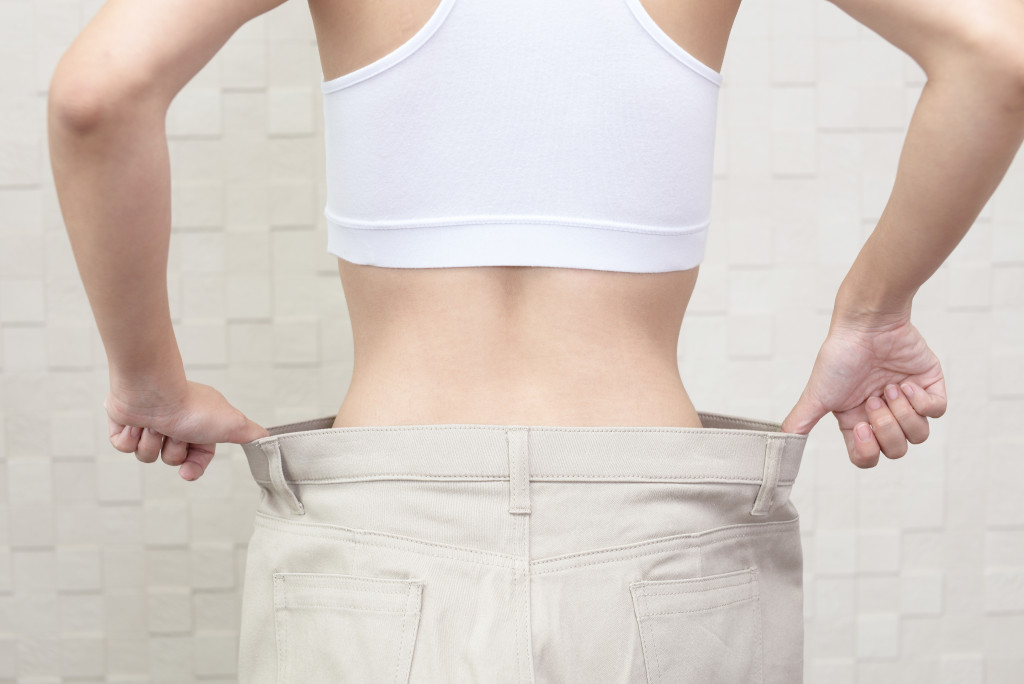Whether we like it or not, all of us are aware of how we look. We’re sometimes concerned about how our hair looks or whether we look good on our outfits for a particular event. Doting relatives, media images, and societal pressures have placed significant pressure on how we view our bodies. Failure to achieve society’s standards can cause serious impacts on our well-being and mental health. This is particularly difficult for those having concerns about their body image.
Body image is a growing problem, and not just for kids, teenage girls, and young women. Whether young or old, any person is prone to experience body image dissatisfaction because of their personal concerns related to weight, hair, skin, or the size or shape of a body part. When left unchecked, people having body image crises are likely to suffer from eating disorders. Those who have lost control of their behavior turn to binge-eating disorder treatment programs to improve their quality of life.
Issues surrounding body image need proper addressing for persons involved and the people surrounding them. This is because the way you view yourself will change the way you understand your worth and value as an individual. Given the importance of body image in a person’s life, we have to recognize the different aspects that affect one’s perception of the body.
What is body image?
Body image describes how you think and feel about your body, not just in photos and in mirrors, but also inside your mind. In other words, body image is both mental and emotional. It encompasses all the feelings and thoughts about a person’s body, including their beliefs about their appearance, perceptions about their weight, height, shape, and body, and how they control and sense their bodies. All these things build up a person’s self-esteem.
There are various degrees of how a person views their body image. An individual’s body image range from positive (satisfied) or negative (dissatisfied), which means some see themselves realistically while others view themselves differently than other people do. If a person fails to achieve certain standards or they aren’t good enough, this will affect their physical, mental, and emotional health negatively.
How body image affects mental health
When a person’s real body and ideal body type don’t match, this results in mental health concerns, such as anxiety disorders, mood disorders, and eating disorders, being the most common.
Eating disorders are connected to body image concerns. Those suffering from anorexia or bulimia exhibit dangerous behaviors such as over-exercising, self-induced vomiting, laxative abuse, and self-starvation. People with eating disorders engage in these activities to gain control of their bodies. Most times, their weight and image are only the two factors they can take full control of as they’re suffering from repressed behaviors, such as anxiety, depression, and other underlying mental health concerns.

Positive and negative body image
Having a positive view of one’s body supports physical and mental health by improving confidence and helping the person to develop a healthy perception of themselves. With a positive body image, a person understands that their self-worth doesn’t simply rely on personal appearance.
A healthy body image is all about learning how to appreciate and accept one’s body and also its capabilities and overall appearance. It also includes having a wider perception of beauty, inner positivity, and a stable body image.
On the other hand, a person who feels dissatisfied about how their body feels and looks suffers from negative body image. These include physical and emotional signs, such as social isolation, depression, low mood, self-harming behavior, low self-esteem, and critical self-thoughts.
With the continuous bombardment of popular standards and media images, non-profit organizations are stepping in by forming movements to support young adults and challenge the social pressures imposed on body image. For these groups, beauty isn’t just a single image, but an active celebration and embodiment of one’s self.
Body positive movements have earned several criticisms since they started because some accuse them of accepting obesity and overweight bodies will prevent people to take action to have a healthier body and observe proper diet. But body positivity isn’t simply about appearance and body size—control and confidence are also critical factors. In fact, having a positive body image and self-confidence will drive a person to achieve health goals.
Poor body image goes beyond negative thoughts. It can lead to higher levels of mental health concerns, which can endanger a person’s overall health. Today, the internet offers a great deal of evidence and resources about the impact of body image on mental health. Use these resources to learn more about it and identify ways to help people dealing with body image concerns.

